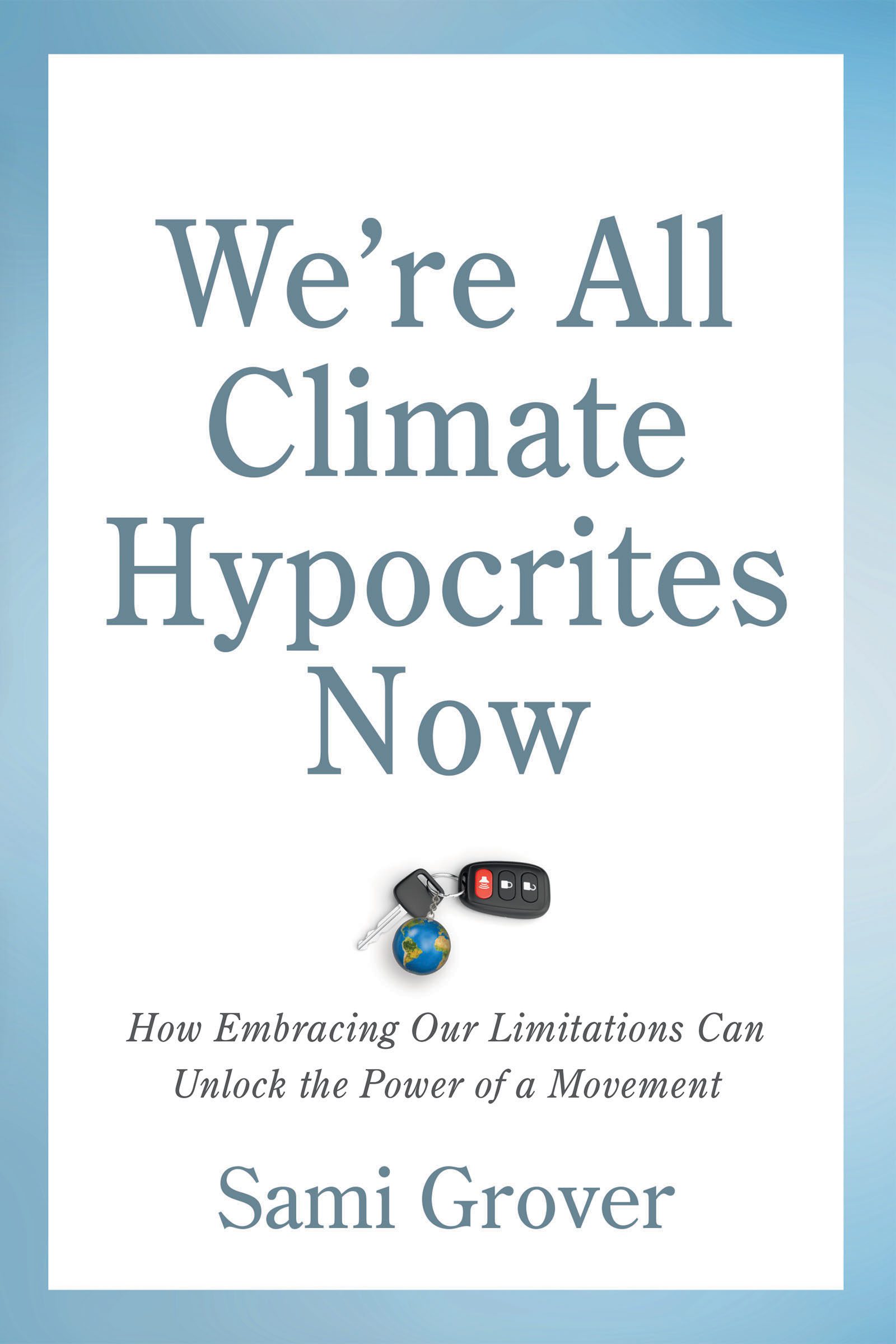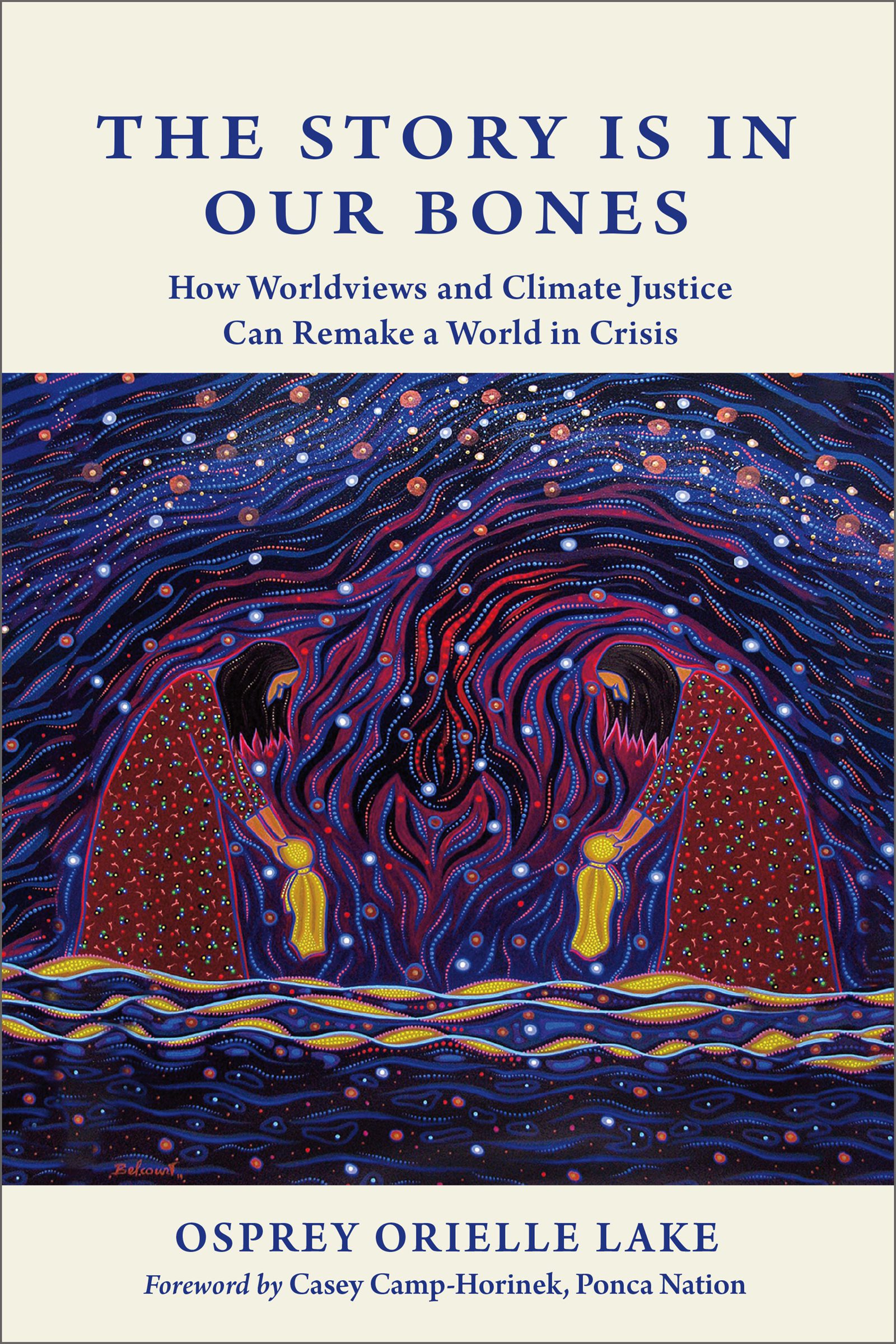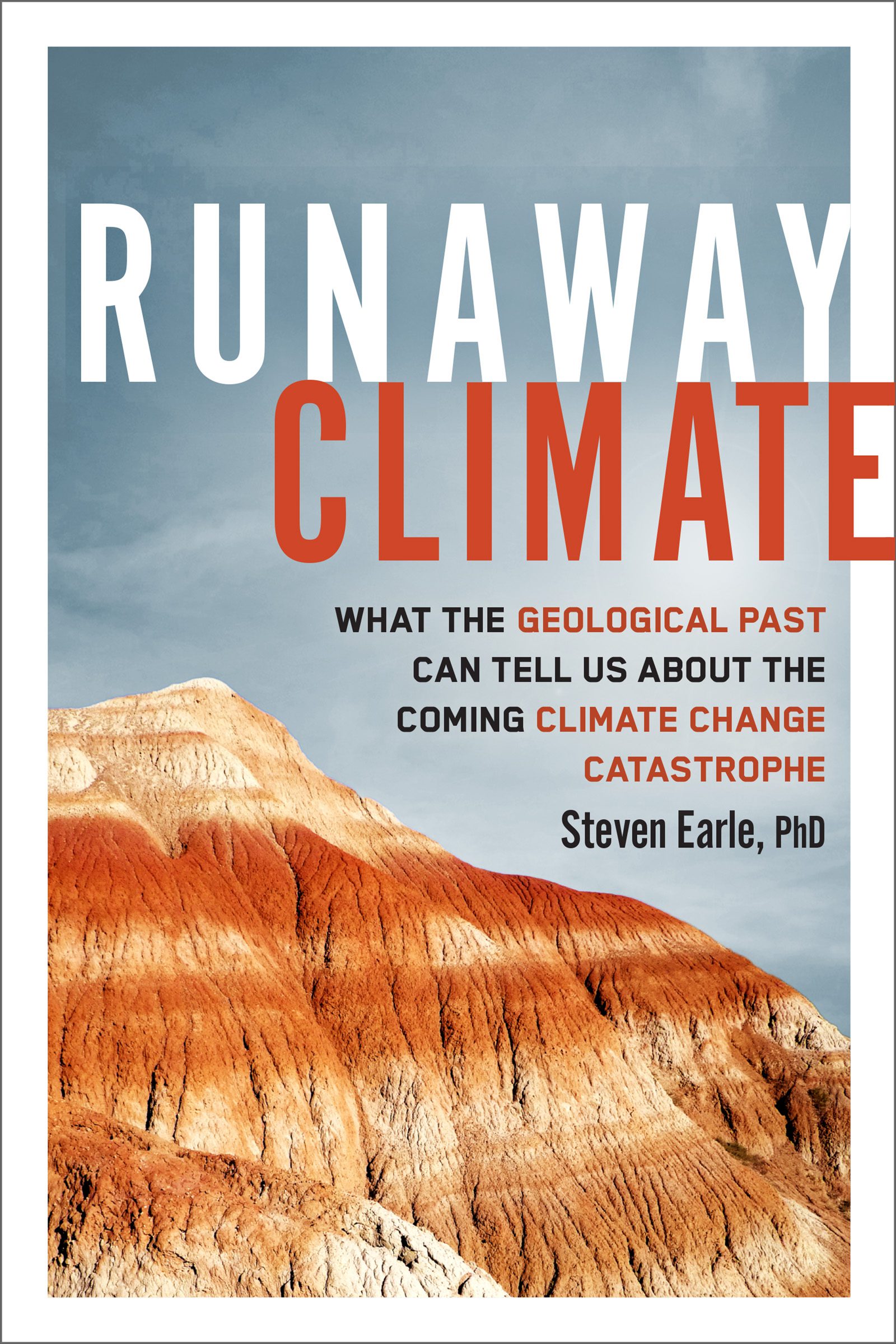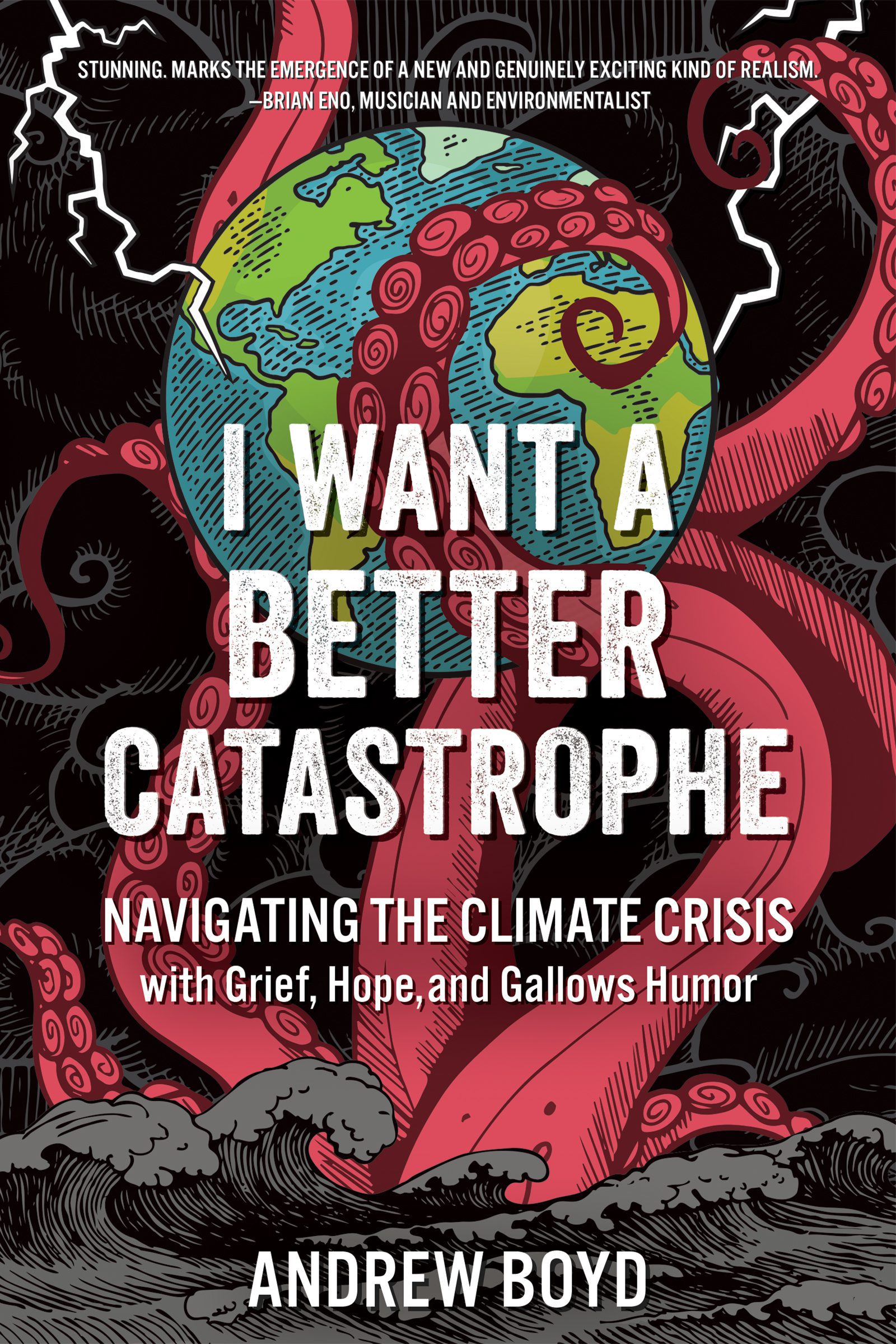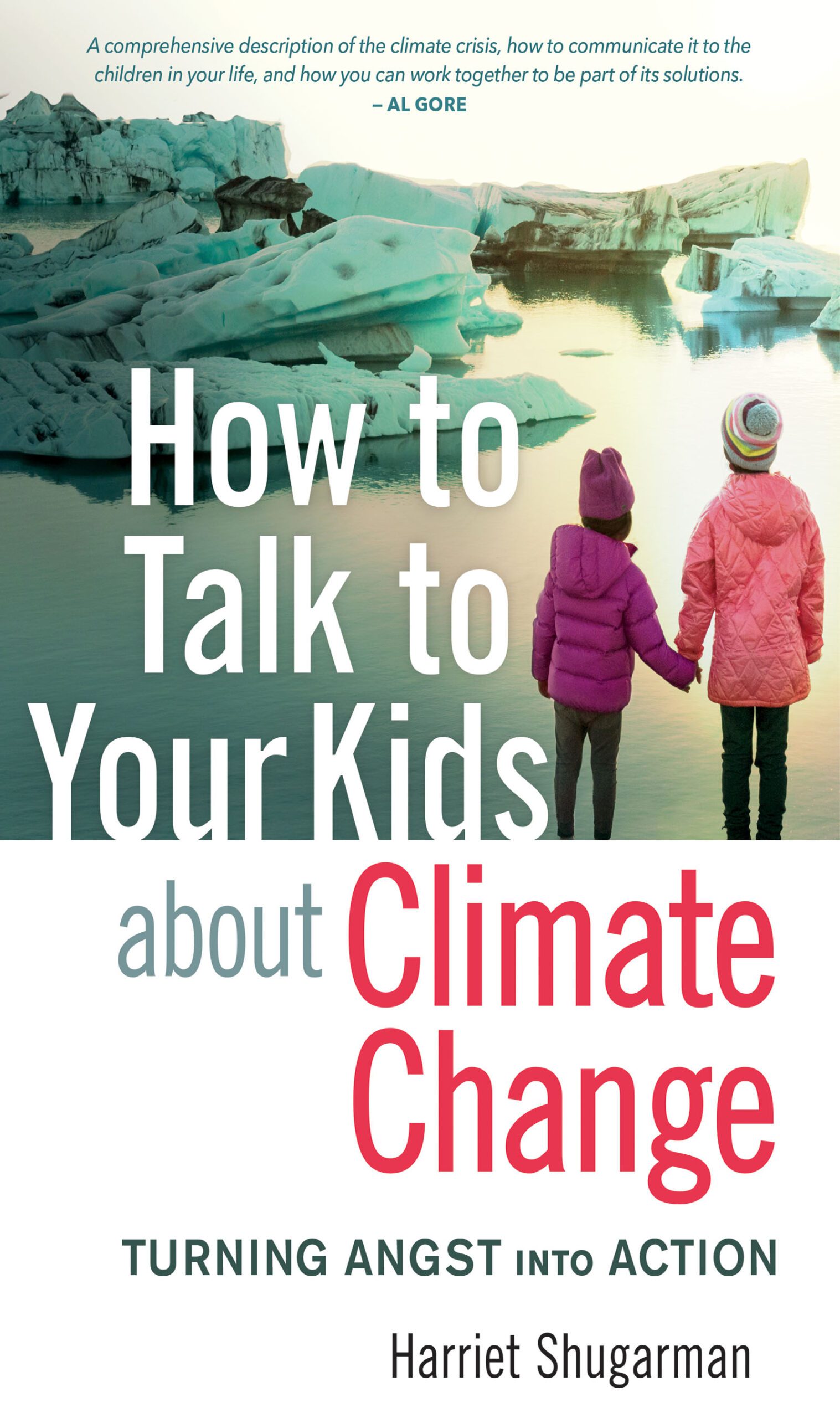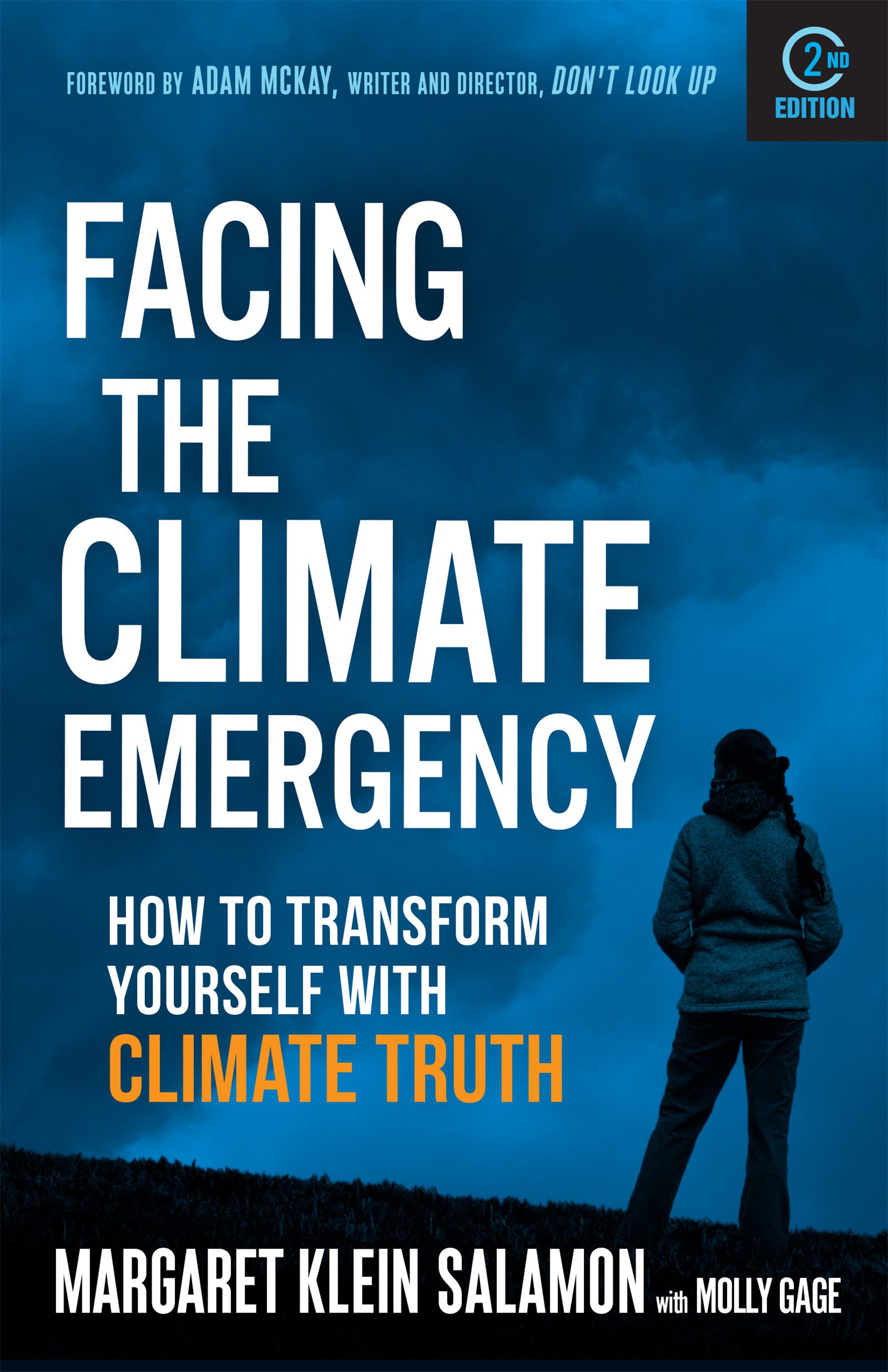
Even with widespread awareness of the urgent need to cut carbon emissions, many people continue to travel frequently. Sami Grover, author of We’re All Climate Hypocrites Now, explores this contradiction, focusing on how eco-conscious individuals often struggle to reduce high-impact behaviors like flying. Grover candidly shares his own challenge in sticking to a personal pledge to stop flying, which was tested by a transatlantic relationship, shedding light on the difficult balance between environmental commitments and personal needs.
Eco-Moralism Runs Deep
George Monbiot, a British environmentalist and writer, has be- come a household name for his unflinching writing about the climate emergency. While much of his focus has been on the structural underpinnings of the problem, Monbiot has also directed his rhetorical fire at his eco-minded peers.
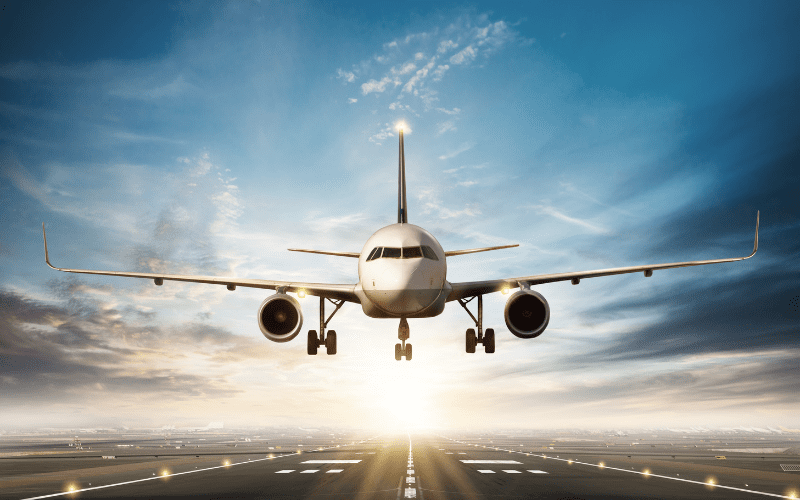
From meat eating to outdoor patio heaters, many trappings of the modern, middle-class existence have fallen afoul of Monbiot’s criticism. But his willingness to call out double standards is perhaps best demonstrated by a 2006 article for Alternet, in which he made the moral case for curbing aviation:
If we want to stop the planet from cooking, we will simply have to stop traveling at the kind of speeds that planes permit. This is now broadly understood by almost everyone I meet. But it has had no impact whatever on their behavior. When I challenge my friends about their planned weekend in Rome or their holiday in Florida, they respond with a strange, distant smile and avert their eyes. They just want to enjoy themselves. Who am I to spoil their fun? The moral dissonance is deafening.
To be fair, the core point that Monbiot is making is hard to refute. If we really are in an existential climate crisis (we are), if we really need to cut carbon emissions as quickly as possible (we do), and if millions of people will die if we fail (they will), then taking a vacation closer to home would seem like a small price to pay for safe- guarding civilization from catastrophe.
Yet it never seems that simple when it’s us making that choice. I know this from personal experience.
Nothing’s Ever Easy
In the Spring of 2005, I made the decision to give up flying.
I was 27 years old, living in my native South West England, and working as director of sustainability for an independent academic publishing house that my parents had founded several decades before. I had used that position to advance my green agenda, including enacting company policies that restricted corporate flying and encouraged train travel instead.
However, I had recently taken part in an experiment to calculate my own carbon footprint, which back then was a relatively novel idea. In doing so, I had been profoundly shocked by the impact of my conference travel. Despite all my best efforts to carpool to work, eat a mostly vegetarian diet, compost, buy second hand, and generally behave like a good green activist, the job that I had chosen to do (and/or the family I had been born into) meant that I was causing nearly two times as much damage to our atmosphere each year than the average British citizen.

After much soul searching, I decided that I could no longer justify flying so much. I tendered my resignation from the family business, and started making plans for a career move into environmental education. First, however, I had to take one last flight across the Atlantic. (Ironically enough, this was for a conference on “sustainable” tourism.) While there, I visited Edward, my old college roommate who was now living in Carrboro, North Carolina. And because he was busy, I ended up going out for drinks with Jenni—a friend of his whom I had met a few times before.
A few hours and several beers later, we—or at least I—promptly fell in love. And thus began a long-distance relationship that changed my plans forever. Within the space of a year we were engaged, I was applying for US residency, and resigning myself to a lifetime of transatlantic flights to see my family, and to recharge on the real cask ales of my homeland.
I don’t share this story to make excuses, nor to seek pity. (There is an almost laughable amount of privilege involved in claiming this as a personal problem.) Nor am I arguing that flying less is pointless. In fact, I greatly admire those who have given up flying. But I do share this story to simply make the case that any attempt to promote greener lifestyle choices can and must accept that we are all starting from different places.

What’s easy or rewarding for one person may be difficult or repulsive for another. What’s exciting and aspirational for one demographic might be too expensive or elitist for another. Choosing not to fly may actually mean fantastic rail travel adventures, or more time at home, for some. For others, however, it may mean compromising your career, disappointing family and loved ones or, as in my case, never visiting your parents or drinking proper beer again.
To be fair, even the most adamant “No Fly” advocates are aware of this challenge. In another particularly moving article for The Guardian, George Monbiot—whom I quoted earlier pointing fingers—acknowledged the challenge for international families, referring to a concept that he describes as “love miles”
If your sister-in-law is getting married in Buenos Aires, it is both immoral to travel there, because of climate change, and immoral not to, because of the offence it causes. In that decision we find two valid moral codes in irreconcilable antagonism.
According to Monbiot, the logical conclusion of this “irreconcilable antagonism” would be to curtail all non-essential (i.e., non-love related) air travel. That would mean an end to weekends in Ibiza, or Brits shopping in New York. It would mean conducting business meetings via video conference, and making transcontinental jour- neys by train. And it would mean that journeys around the world would be reserved for visiting people we hold dear. Even then, he predicted, it would involve “both slow travel and the saving up of carbon rations.”
Whether or not aviation will need to be curtailed to exactly that degree, or through those specific methods, is not for me to say. Monbiot’s proposed solution does, however, point to how the issue will be solved. And that’s systemically.


